Identifying ADHD (Attention Deficit Hyperactivity Disorder) can be challenging, as its symptoms often overlap with those of other conditions. ADHD is typically diagnosed by a mental health professional, such as a psychologist, psychiatrist, or pediatrician, who will conduct a comprehensive evaluation. Here are some steps to help identify ADHD:
Know the symptoms: Familiarize yourself with the common symptoms of ADHD, which are generally divided into two categories: inattention and hyperactivity/impulsivity. Some of these symptoms include:
Inattention: Difficulty maintaining focus, forgetfulness, disorganization, trouble following instructions, and being easily distracted.
Hyperactivity/Impulsivity: Fidgeting, excessive talking, difficulty staying seated, interrupting others, impatience, and engaging in risky behavior without considering the consequences.
Observe the context: ADHD symptoms must be present in multiple settings, such as at home, school, or work, and not just in one specific situation. This helps to rule out the possibility that the symptoms are due to situational factors.
Consider the duration: Symptoms of ADHD must be persistent and long-standing, usually appearing before the age of 12 and lasting for at least six months. A professional will consider the individual's history to determine if the symptoms have been present since childhood.
Rule out other factors: Many conditions or circumstances can mimic ADHD symptoms, such as anxiety, depression, learning disabilities, or sleep disorders. A mental health professional will assess the individual for these and other potential factors to ensure that ADHD is the appropriate diagnosis.
Professional evaluation: If you or a loved one is experiencing ADHD-like symptoms, it's essential to consult with a qualified mental health professional. They will conduct a comprehensive evaluation, which may include interviews, questionnaires, and other assessments to determine if ADHD is the appropriate diagnosis.
Monitor progress: If ADHD is diagnosed, it's crucial to work closely with the mental health professional to develop and follow an appropriate treatment plan. Regular monitoring of progress and symptom management will ensure the best possible outcome.
Remember, self-diagnosis is not advised, and only a qualified mental health professional can provide an accurate diagnosis and recommend the appropriate course of treatment. If you suspect you or someone you know may have ADHD, it's essential to seek professional help for evaluation and support.
Know the symptoms: Familiarize yourself with the common symptoms of ADHD, which are generally divided into two categories: inattention and hyperactivity/impulsivity. Some of these symptoms include:
Inattention: Difficulty maintaining focus, forgetfulness, disorganization, trouble following instructions, and being easily distracted.
Hyperactivity/Impulsivity: Fidgeting, excessive talking, difficulty staying seated, interrupting others, impatience, and engaging in risky behavior without considering the consequences.
Observe the context: ADHD symptoms must be present in multiple settings, such as at home, school, or work, and not just in one specific situation. This helps to rule out the possibility that the symptoms are due to situational factors.
Consider the duration: Symptoms of ADHD must be persistent and long-standing, usually appearing before the age of 12 and lasting for at least six months. A professional will consider the individual's history to determine if the symptoms have been present since childhood.
Rule out other factors: Many conditions or circumstances can mimic ADHD symptoms, such as anxiety, depression, learning disabilities, or sleep disorders. A mental health professional will assess the individual for these and other potential factors to ensure that ADHD is the appropriate diagnosis.
Professional evaluation: If you or a loved one is experiencing ADHD-like symptoms, it's essential to consult with a qualified mental health professional. They will conduct a comprehensive evaluation, which may include interviews, questionnaires, and other assessments to determine if ADHD is the appropriate diagnosis.
Monitor progress: If ADHD is diagnosed, it's crucial to work closely with the mental health professional to develop and follow an appropriate treatment plan. Regular monitoring of progress and symptom management will ensure the best possible outcome.
Remember, self-diagnosis is not advised, and only a qualified mental health professional can provide an accurate diagnosis and recommend the appropriate course of treatment. If you suspect you or someone you know may have ADHD, it's essential to seek professional help for evaluation and support.

